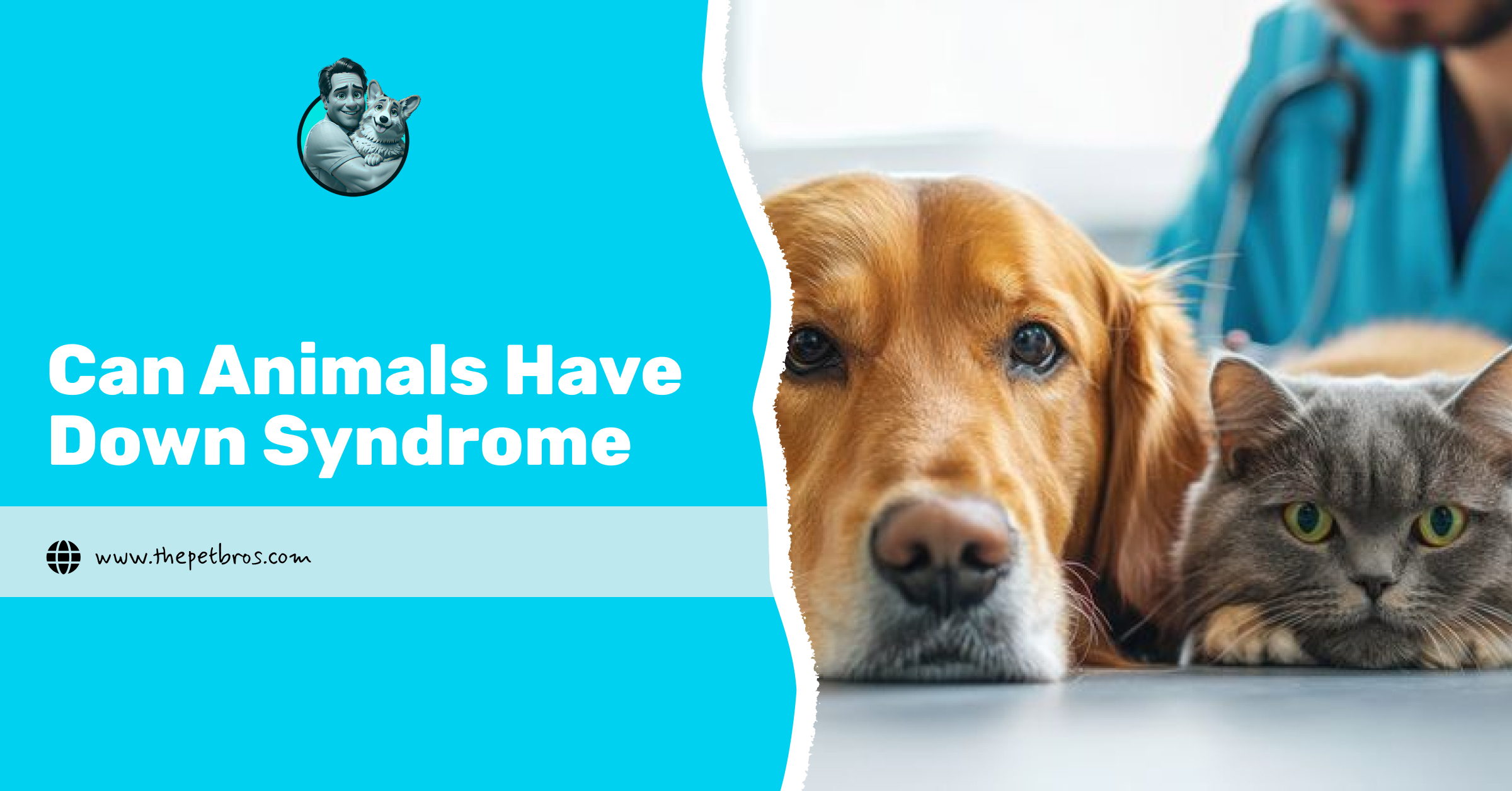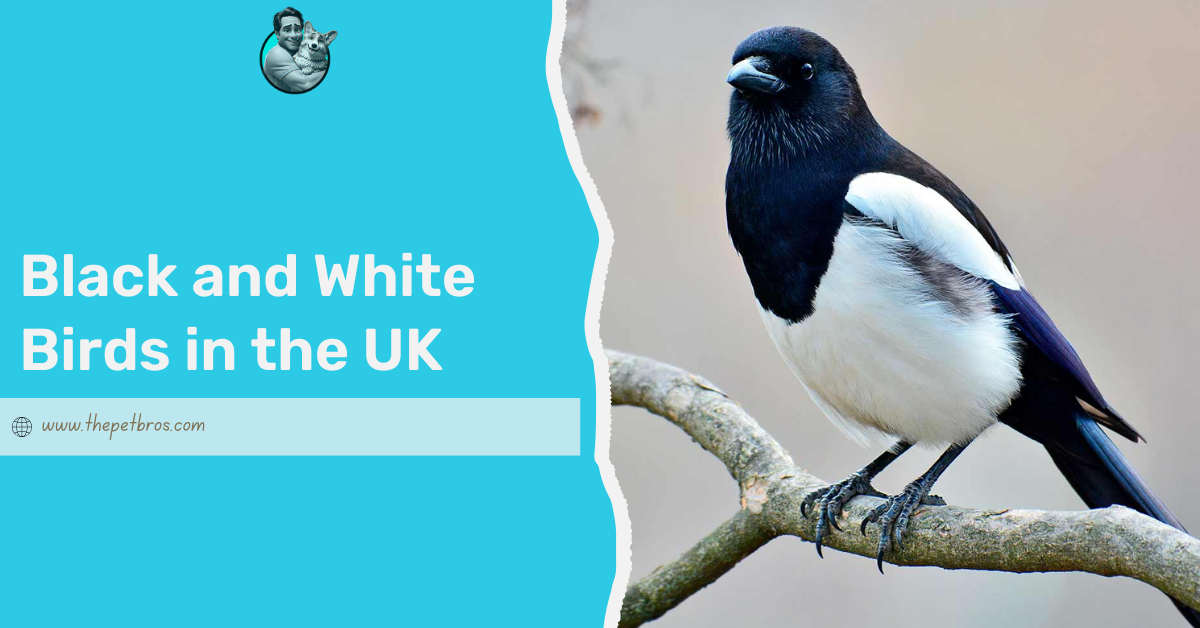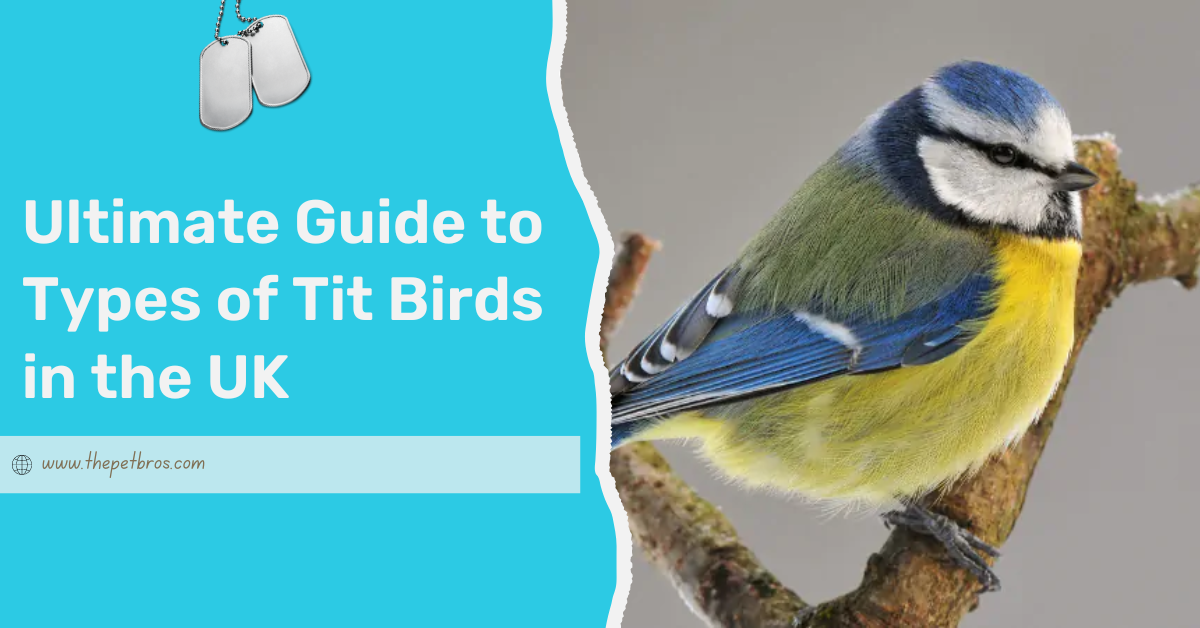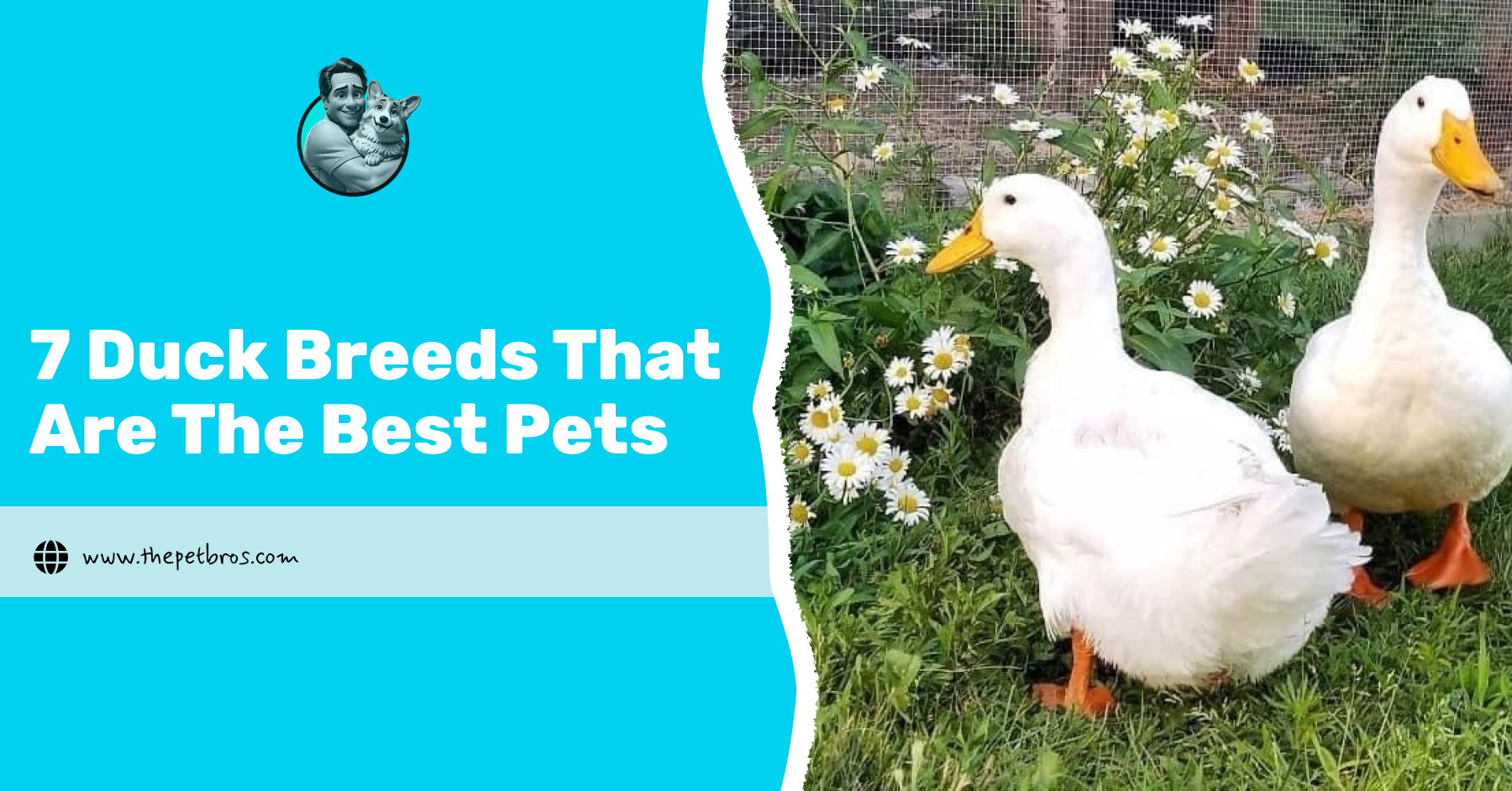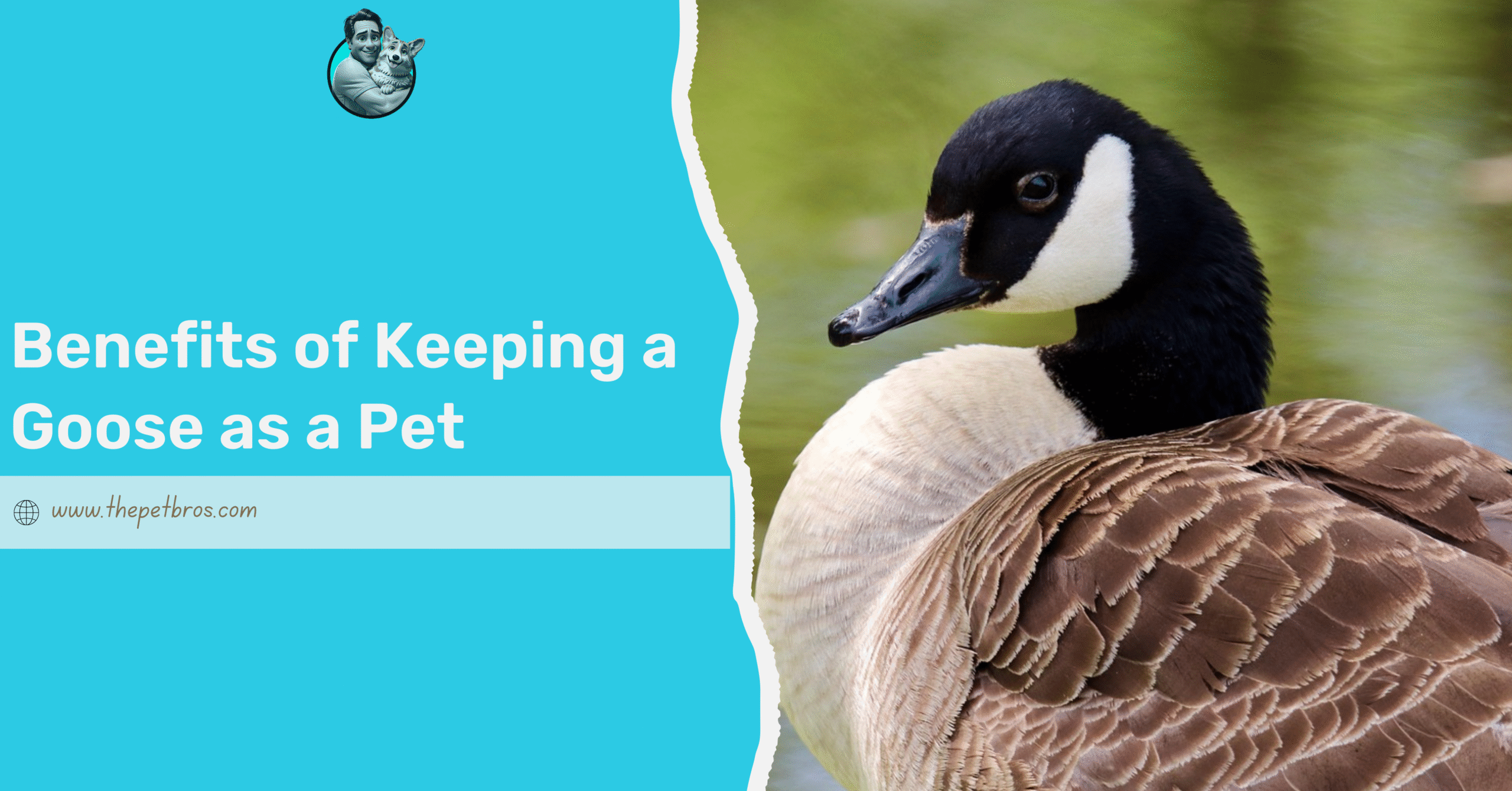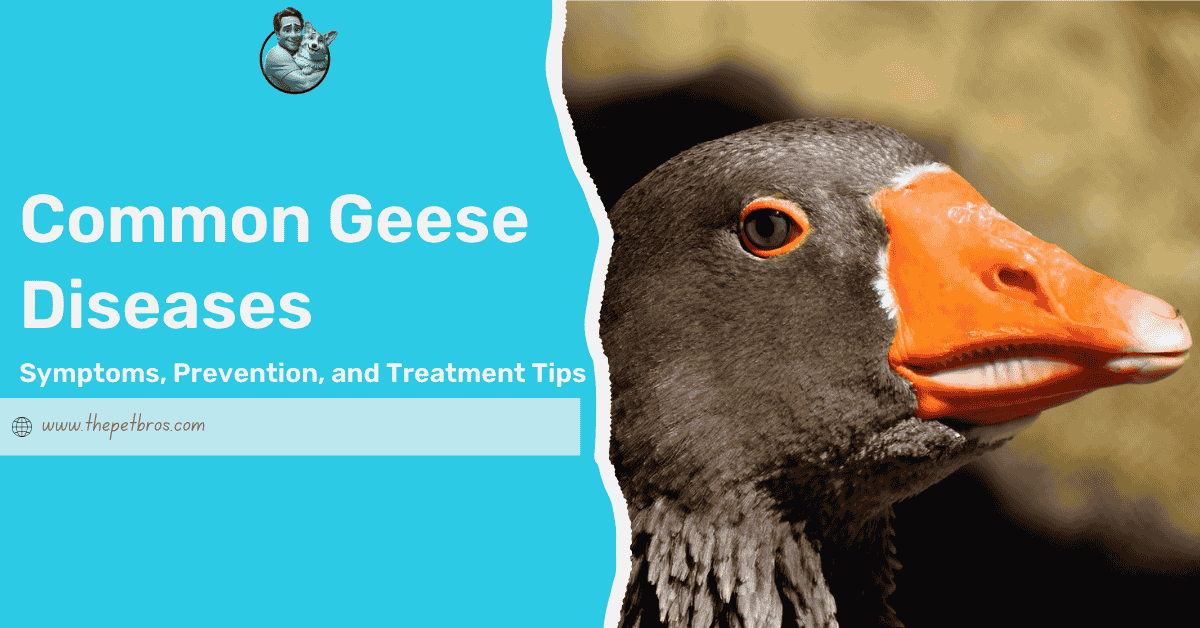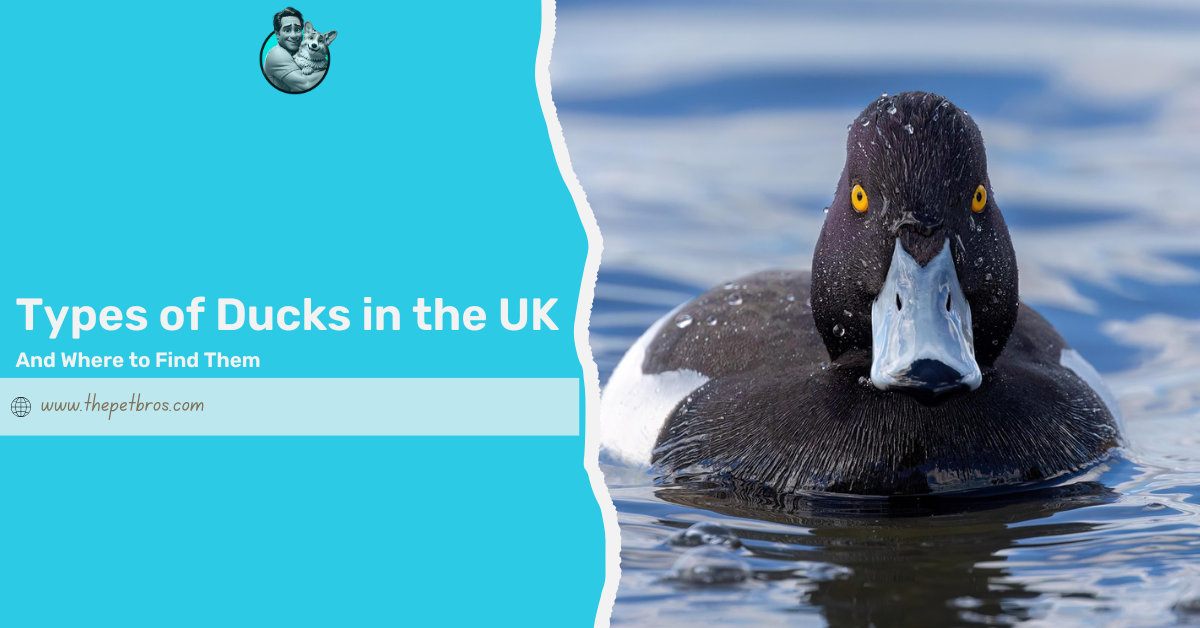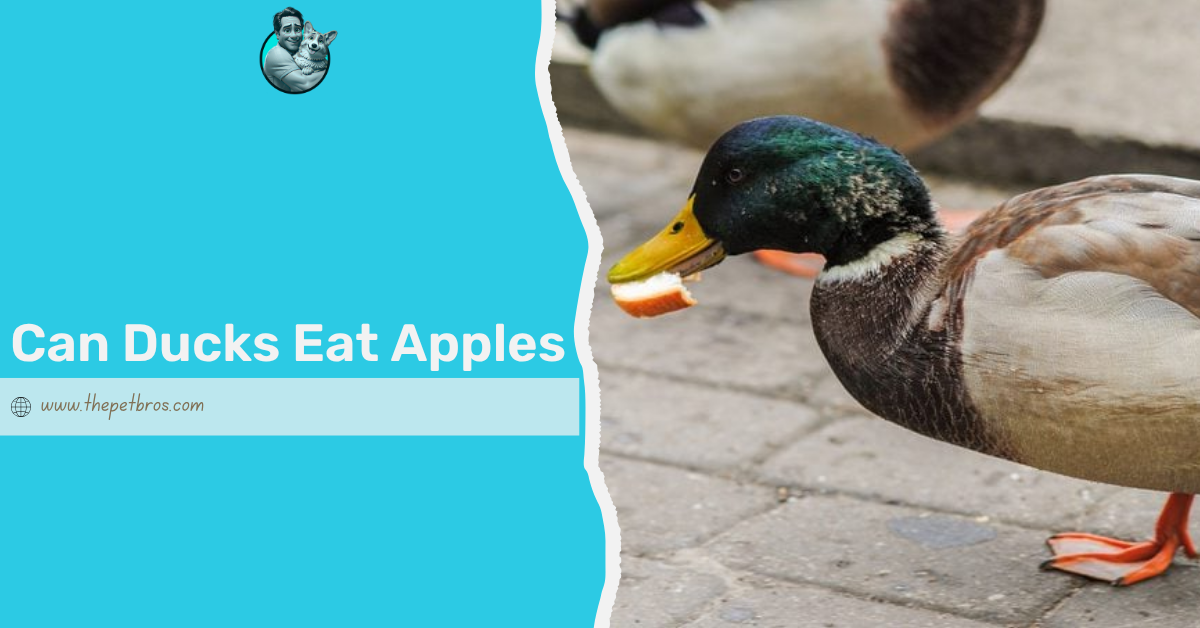We’ve all seen viral posts claiming a dog, cat, or even a giraffe “has Down syndrome.” Their faces might look a little different, or their behaviour seems unusual, sparking compassion and curiosity online. But the big question is, can animals have Down syndrome in the same way humans do? The answer is no. But the full story is far more fascinating.
Down syndrome in humans occurs when someone is born with an extra chromosome 21. This results in developmental, physical, and cognitive differences. However, because animals have completely different chromosome numbers and genetic structures, it’s scientifically impossible for them to experience the same condition. That doesn’t mean animals can’t have chromosomal disorders or genetic abnormalities of their own; they just manifest differently.
In this article, we’ll break down what Down syndrome actually is and explore why animals can’t have it.
Can Animals Have Down Syndrome?
When people ask, “Can animals have Down syndrome?”, they’re usually referring to pets or zoo animals that look or act a bit differently. But the truth is, Down syndrome is a condition unique to humans.
That said, animals can have their own chromosomal abnormalities that cause physical or behavioural changes. These might include deformities, slow growth, or learning difficulties, depending on the species. In fact, the only animal known to show anything remotely similar to human Down syndrome is the chimpanzee, since it’s our closest genetic relative.
While you might see “Down syndrome animals” online, what you’re really seeing are pets with different genetic or developmental conditions, not true Down syndrome.
Can Dogs Have Down Syndrome?
No, dogs can’t have Down syndrome. Humans have 23 pairs of chromosomes, while dogs have 39, so the genetic makeup simply doesn’t match. Because of that, dogs can’t develop the same chromosomal condition humans do.
However, some dogs may show traits that look a bit like Down syndrome, such as slower development, unusual facial features, or balance issues. In most cases, these signs are caused by other conditions, such as thyroid problems, dwarfism, or neurological disorders.
If your dog acts differently, maybe they’re more tired than usual, chewing their nails excessively, or licking their butt; it’s usually a sign of stress, allergies, or discomfort, not a genetic disorder. A vet visit can help identify what’s really going on and how to make them feel better.
Can Cats Have Down Syndrome?
Cats can’t have Down syndrome either. They have 38 pairs of chromosomes, unlike the 46 found in humans, which means the extra chromosome 21 that causes Down syndrome simply doesn’t exist in them.
Still, some cats might have facial differences, wide-set eyes, or unusual behaviour that might lead people to think otherwise. These traits are often due to other genetic conditions, such as Klinefelter syndrome (XXY), which can appear in rare male calico or tortoiseshell cats.
If your cat acts a bit “different,” it doesn’t mean they’re unwell. For instance, cats wag their tails for many reasons: curiosity, irritation, or even happiness, not because something’s wrong. Each cat has its quirks, and those unique behaviours are part of what makes them so charming.
Can Horses Have Down Syndrome?
Horses can’t develop Down syndrome, but they can have other genetic or developmental issues that affect their movement, temperament, or physical appearance. Sometimes these changes result from breeding complications, nutrient deficiencies, or early-life injuries.
If your horse seems unusually restless or on edge, genetics might not be the problem at all; stress often is. In such cases, calming supplements or herbal blends can help promote relaxation and focus, especially for horses prone to anxiety during training or travel. With the right balance of care, nutrition, and routine, most horses can stay calm, healthy, and confident.
Can Ducks Have Down Syndrome?
Ducks can’t have Down syndrome, but they can be born with minor genetic differences or developmental issues that affect balance or coordination. These usually come from incubation problems, nutritional deficiencies, or simple genetics rather than anything resembling Down syndrome.
If your duck is acting out of the ordinary, you can consider trying to potty train your duck and give it a strict daily routine. They are very adaptable and will allow themselves to be potty trained, only to an extent.
The Role of Genetics in Animal Health
Whenever it crosses your mind again and you wonder, “ Can animals have Down syndrome?” Keep this in mind: genetics plays a significant role in the health of animals. From their coat colour to their temperament, it’s the genetics at work. Sometimes, minor genetic errors during cell division can lead to developmental issues or physical differences. These aren’t Down syndrome but species-specific mutations.
Regular vet check-ups, balanced diets, and responsible breeding help reduce the risk of inherited problems. In most cases, good care and early attention make a world of difference in keeping pets healthy, active, and living their best lives.
Conclusion
Animals may not develop Down syndrome, but their genetics still tell us a lot. Each species carries its own blueprint, and small changes in that DNA can lead to unique looks or behaviours. Genetics reminds us that difference isn’t a flaw, it’s part of nature’s design.






